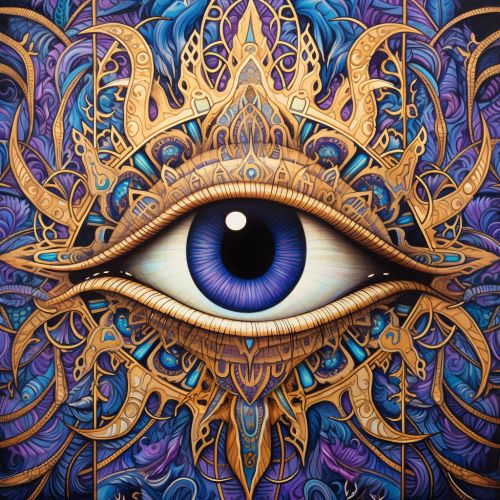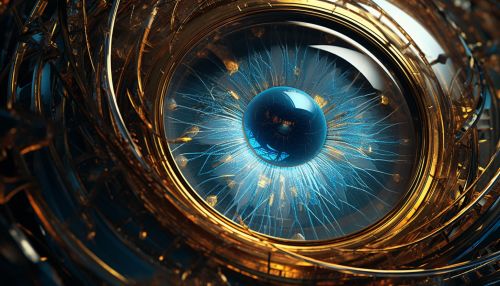Emotion
Definition and Overview
Emotion is a complex psychological state that involves three distinct components: a subjective experience, a physiological response, and a behavioral or expressive response. Psychologists view emotion as a process involving a sequence of changes in response to a stimulus, including cognitive evaluations, subjective changes, autonomic and neural arousal, impulses to action, and behavior designed to have an effect upon the environment that initiated the sequence.
Theories of Emotion
There are several theories of emotion that attempt to explain the how and why behind human emotions. These theories include the James-Lange theory, the Cannon-Bard theory, the Schachter-Singer theory, and the Lazarus theory.
James-Lange Theory
The James-Lange theory of emotion suggests that our emotions occur as a result of physiological reactions to events. According to this theory, we see an external stimulus leading to a physiological response. Emotion is then experienced when the brain reacts to the information received via the body's nervous system.
Cannon-Bard Theory
The Cannon-Bard theory of emotion, on the other hand, argues that physiological arousal and emotional experience occur simultaneously, yet independently. This theory suggests that both the physiological arousal and the emotional experience are produced simultaneously by the same nerve stimulus.
Schachter-Singer Theory
The Schachter-Singer theory, also known as the two-factor theory of emotion, states that emotion is based on two factors: physiological arousal and cognitive label. According to this theory, an event causes physiological arousal first. You must then identify a reason for this arousal and then you are able to experience and label the emotion.
Lazarus Theory
The Lazarus theory of emotion emphasizes the role of thought before any experience of emotion. According to this theory, the sequence of events first involves a stimulus, followed by thought which then leads to the simultaneous experience of a physiological response and the emotion.
Emotion and the Brain
The brain plays a key role in the production and experience of emotion. The limbic system, a complex system of nerves and networks in the brain, contains the thalamus, hypothalamus, amygdala, and hippocampus, and is primarily responsible for emotional life.
Amygdala
The amygdala is one of the key brain structures involved in emotion. It is responsible for detecting fear and preparing for emergency events. It also plays a key role in forming and storing memories associated with emotional events.
Hypothalamus
The hypothalamus plays a significant role in the endocrine system with its regulation of emotional responses. It is responsible for controlling the hormones that are released by the pituitary gland, the body's master gland.
Emotion Regulation
Emotion regulation is the ability to respond to the ongoing demands of experience with the range of emotions in a manner that is socially tolerable and sufficiently flexible to permit spontaneous reactions as well as the ability to delay spontaneous reactions as needed. It can also be defined as extrinsic and intrinsic processes responsible for monitoring, evaluating, and modifying emotional reactions.
Emotion and Memory
Emotion can have a powerful impact on memory. Numerous studies have shown that the most vivid autobiographical memories tend to be of emotional events, which are likely to be recalled more often and with more clarity and detail than neutral events.
Emotion and Decision Making
Emotion is a driving force behind decision-making. Studies have shown that individuals rely on emotion in the decision-making process. Emotions can influence decisions about risk and reward, they can lead to overconfidence in one's abilities, and they can lead to more impulsive decisions.
Emotion and Mental Health
Emotions play a critical role in mental health. Mental illnesses such as depression and anxiety can be seen as problems with the regulation of emotion. For example, people with depression often exhibit emotional dysregulation, which can be defined as a reduced ability to manage one’s emotional responses.
See Also


